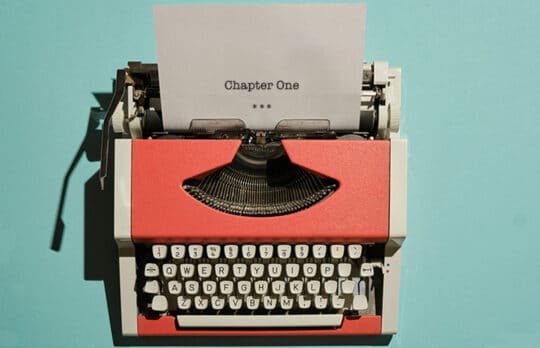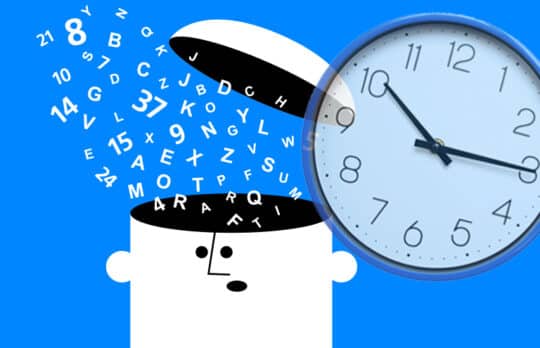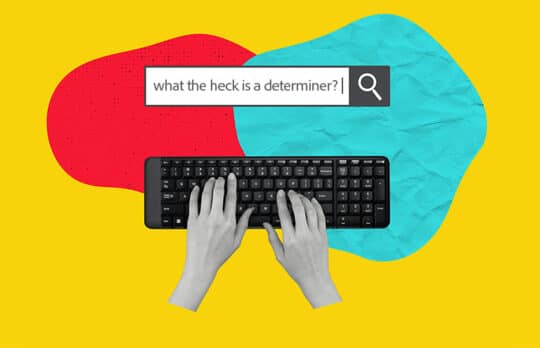
If we are expected to learn the practice of law through a series of Teams and Zoom logins, what kind of lawyers will we become? Attorney Diego Rosette makes the case for showing up in the Zoom era. I attended law school in the middle of the Zoom ...
Diego Rosette - September 30, 2025
Tatia Gordon-Troy | Lawyers write books to build their reputations, start side hustles or share wisdom in a memoir. Whatever your reason, here are book- writing tips for getting started on penning that tome.
Tatia Gordon-Troy - September 16, 2025
Analog Attorney | Finding the perfect pencil and the perfect pen might change your note-taking game.
Bull Garlington - August 28, 2025
Teddy Snyder | Does it feel like the players in your case are acting without rhyme or reason? Like Milo in 'The Phantom Tollbooth,' your job as a lawyer is to restore good decision-making and rational behavior.
Theda C. Snyder - August 26, 2025
David and Karen Skinner | When you get your to-do list out of your head and into a visual system where everyone can see it, your practice will flourish.
David and Karen Skinner - August 24, 2025
Teddy Snyder | Supersede is a concise word lawyers love to use, so why do so many get it wrong? Here's the seed of an idea to stop this mistake.
Theda C. Snyder - August 12, 2025
Ivy Grey | An aggressive legal writing style and public displays of righteous fury won't win court cases. Check yourself before you wreck your case.
Ivy Grey - July 28, 2025
Teddy Snyder | Get To The Point has previously discussed how naming a series of items in a document can be a pitfall. Well, it happened again.
Theda C. Snyder - July 24, 2025
Kerry Barrett | Welcome to the world of attorney video anxiety — where brilliant legal minds suddenly feel like they’re being held for ransom by their own webcam.
Kerry Barrett - July 8, 2025
Merrilyn Astin Tarlton | Who knows why we do it, but most of us tend to say “yes” to things when we should say "no."
Merrilyn Astin Tarlton - June 30, 2025